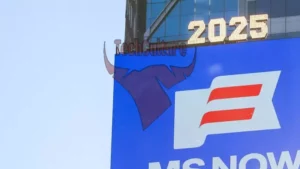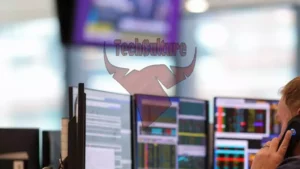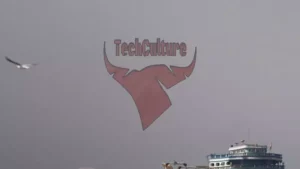The recent controversy surrounding the Best Indie nomination at the Game Awards has highlighted a deeper issue within the gaming industry. It goes beyond a mere linguistic debate; it raises questions about the true essence of indie games and the direction in which the industry is heading. The nomination of Dave the Diver, a game that many argue does not fit the traditional definition of “indie,” has sparked a much-needed conversation about the changing landscape of independent game development.
The indie game label has always been associated with creativity, innovation, and a sense of rebellion against the mainstream. However, as the industry has grown and evolved, so too has the definition of what constitutes an indie game. With the rise of crowdfunding and the increasing involvement of major publishers in indie projects, the lines have become blurred. Dave the Diver’s nomination is just the latest example of this trend.
This debate is not about gatekeeping or excluding certain games from the indie category. It is about preserving the spirit and values that the indie label represents. Independent game developers have long been seen as the underdogs, the ones pushing boundaries and taking risks. By allowing games that do not adhere to these principles to be labeled as indie, we risk diluting the term and losing sight of what it truly means.
The controversy surrounding the Best Indie nomination at the Game Awards is a reflection of the evolving nature of the indie game industry. It is crucial that we reexamine the definition of indie games and ensure that it remains true to its roots of creativity, innovation, and independence. Only by doing so can we continue to celebrate and support the developers who are pushing the boundaries of gaming and shaping its future.
Read more at Digital Trends





